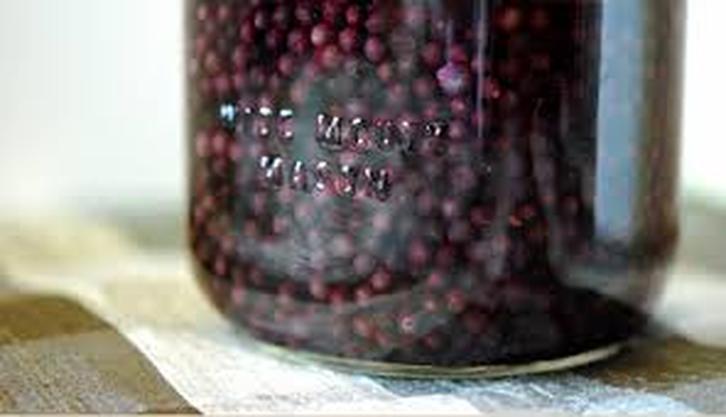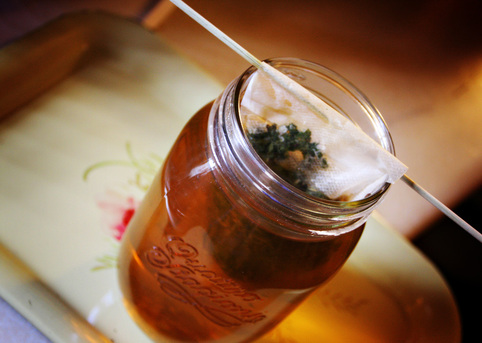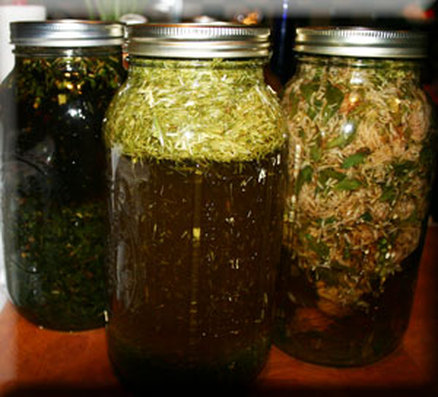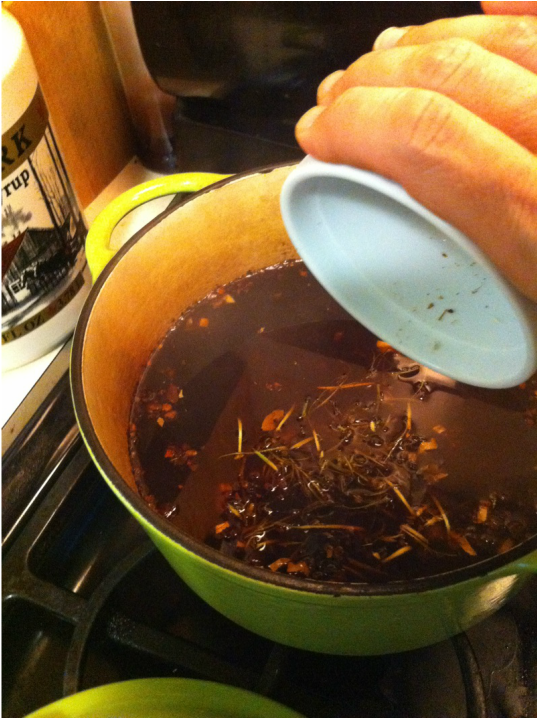|
So let's refine your ability to understand the language within the herbal world. It is an easy first step and you'll be glad you're able to discern as you engage the healing art of this medicine world. I'm dedicated to making it clear about the different ways to prepare herbs, fresh or dried, with water so that you can take them into your body either orally, as compresses on your skin, in soaks and steams , or in the bath. It is our oldest, most effective, and most widely used form of herbal medicine. "Herbal teas remain my favorite way of using herbs medicinally. The mere act of making tea and drinking it involves you in the healing process and, I suspect, awakens an innate ability for self-healing in the body. Though medicinal teas are generally not as potent as infusions, tinctures and other concentrated herbal remedies , they are the most effective medicines for chronic, long-term imbalances." -Rosemary GladstarI completely agree and there is no way to say it better. The whole idea of drinking herbal teas is to bath your cells at regular intervals (ie. 3x/day) with the healing properties of the plant. What are the healing properties? Well, they include not only the medicinal, active strong properties, but also nourishing properties to build a particular system up (such as minerals, vitamins), and buffer properties to soften the harshness that could cause unpleasant side effects, and catalysts to direct and energize the healing to where you need help. Yes, nature provides, and in an incredibly elegant way with a multitude of forms! The making of herbal tea is a fine art we humans have enjoyed for thousands of years. It is also, thankfully, incredibly simple. Even if you have never cooked and have no desire, you can do this. All you need is a heat safe quart jar with a tight-fitting lid, the herb(s), and water that has reached the boiling point. Make sure it is a canning jar or reused pickle jar so it doesn't crack with the hot water. Herbal teas can be drunk hot, at room temperature or iced. They’re delicious blended with a little fruit juice and frozen as pops for children who are sick. After brewing the 5-10 minute usual time, herbal teas should be stored in the refrigerator. Left at room temperature for several hours, it will go “flat,” get tiny bubbles in it and begin to sour. Stored in the refrigerator, an herbal tea will be good for three to four days. A cup of herbal tea is one thing. There is pleasure and healing with the 5-10 minutes soak of a tea bag or ball. However, medicinal teas or infusions by the cupful are very impractical and time consuming. What this translates to is one not making their herbal infusions correctly or often enough because it becomes time consuming. Then you stop taking what you need to take and the health issue you were working on deepens. Then your experience with herbal medicine is marred some. I do hear people say "it did nothing" and when we talk about what they actually did, it usually reveals some issues related to consistency and the strength of preparation. For larger quantities, make a quart of tea each morning or in the evening. The herb-to-water ratio varies depending on the quality of herbs used, whether they are fresh or dried and how strong you wish the finished tea to be.
|
Details
Jennifer Costa, Herbalist-RN, Teacher, Botanist BS, EM-CST, and Founder of ElderMoon School of Herbs & Earth MedicineCategories
All
Archives
January 2023
|




 RSS Feed
RSS Feed